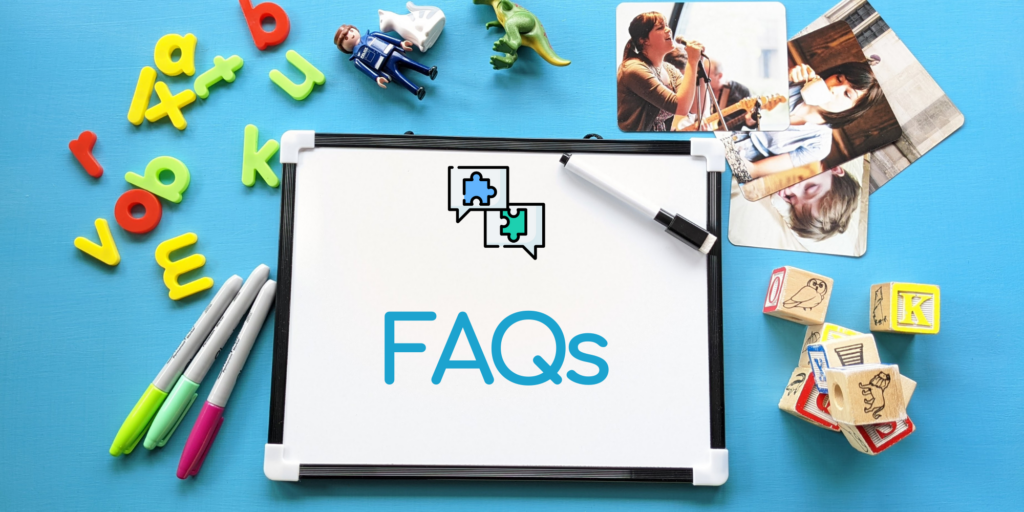
Hopefully you will find answers to your initial questions here in the FAQs section. However if you have any additional queries which are not included here please don’t hesitate to contact us here .
No, a GP or doctor’s referral is not necessary for your child to attend NI Speech Therapy Tots 2 Teens. Simply click on the ‘Contact us’ link above to arrange your assessment appointment.
Normally your child will be seen within 1-2 weeks from your initial contact.
NI Speech Therapy Tots 2 Teens aims to provide a high quality and affordable service. Please click on the ‘contact us’ link above for details of assessment and therapy fees.
The number of sessions needed is individual for every child and does depend on factors such as the type of difficulty your child is experiencing as well how much time can be spent at home reinforcing the activities and goals from each session. Normally a block or set of 7 therapy sessions is advised before therapy targets are reviewed again. Your child’s progress and response to the activities will be discussed with you at the end of each session.
A speech sound/ language assessment session will generally last for 1 hour, whilst a Michael Palin approach assessment for stammering will be carried out over 3 sessions.
Therapy sessions for speech sound/ language difficulties are 45 minutes long and include direct work with your child as well as including some time for discussion between the parent and speech therapist. The Michael Palin approach therapy sessions for stammering last for 1 hour each.
Different health providers cover certain numbers and types of speech and language assessment/therapy sessions. Please check with your individual provider before commencing assessment and therapy to determine the level of cover you are able to receive.
Yes, your child is able to attend both services in parallel. If your child is receiving sessions in the NHS while attending NI Speech Therapy Tots 2 Teens it is important that assessment and therapy goals are shared between the two therapists, following parental consent. This will ensure that the therapy goals work in harmony to allow your child to make the best possible progress over their period of therapy.

